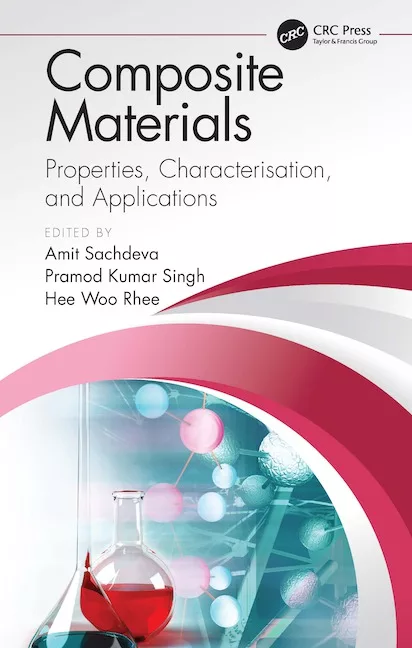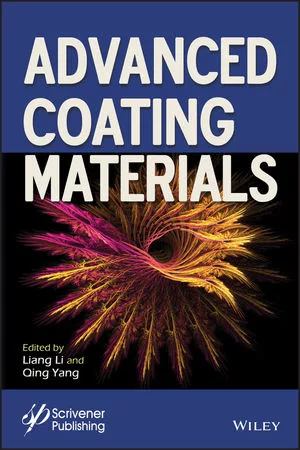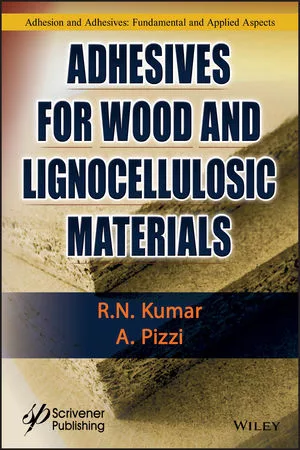University of Georgia Materials Researchers Rely on GPC System
Researchers use the Viscotek TDAmax as a tool to monitor the progress of reactions and to evaluate the extent of control in polymerization reactions.

The Viscotek TDAmax is a gel permeation chromatography [also referred to as size exclusion chromatography (SEC)] system that includes refractive index (RI), viscometry and light scattering detectors, making it ideal for the characterization of polymers. And it is one of the most important tools in Assistant Professor Jason Locklin’s laboratory at the Department of Chemistry and Faculty of Engineering at the University of Georgia.
Work carried out by Professor Locklin’s multidisciplinary team has demonstrated that adding multiple detector technologies to a gel permeation chromatography (GPC) is highly effective in the real-time investigation of polymerization kinetics and macromolecular structure for both functional polymers and surface-initiated polymerization. Compared with other GPC systems, the Viscotek TDAmax delivered more detailed viscometry and light scattering data, which was central to understanding the development, growth and behavior of new polymer materials.
“Molecular weight and molecular weight distribution (also called polydispersity) are the most important parameters in polymer science,” explained Professor Locklin. “We use the Viscotek TDAmax as a tool to monitor the progress of reactions and to evaluate the extent of control in the polymerization reaction. When making new polymers, this information is critical to our understanding and tells us if the material is forming properly and if the chemistry is working.”
Professor Locklin continued, “The real benefit of the Viscotek system is the online viscometry detection and light scattering. These capabilities provide so much more informatin than conventional measurements, allowing you to look for polymer structure and branching as well as molecular weight and polydispersity.”
Professor Locklin’s research group includes 10 Ph.D. students focusing on chemistry, biochemical engineering and textile science. Current projects include such products as anti-microbial coatings, biodegradable polymers, light-responsive polymers, and “clickable” coatings. Up-to-date publications outlining the teams research can be found at www.uga.edu/jlocklin.
Further information can be found at www.malvern.com/viscotek.
Malvern, Malvern Instruments and Viscotek are registered trademarks of Malvern Instruments Ltd.

The Viscotek TDAmax is a gel permeation chromatography [also referred to as size exclusion chromatography (SEC)] system that includes refractive index (RI), viscometry and light scattering detectors, making it ideal for the characterization of polymers. And it is one of the most important tools in Assistant Professor Jason Locklin’s laboratory at the Department of Chemistry and Faculty of Engineering at the University of Georgia.
Work carried out by Professor Locklin’s multidisciplinary team has demonstrated that adding multiple detector technologies to a gel permeation chromatography (GPC) is highly effective in the real-time investigation of polymerization kinetics and macromolecular structure for both functional polymers and surface-initiated polymerization. Compared with other GPC systems, the Viscotek TDAmax delivered more detailed viscometry and light scattering data, which was central to understanding the development, growth and behavior of new polymer materials.
“Molecular weight and molecular weight distribution (also called polydispersity) are the most important parameters in polymer science,” explained Professor Locklin. “We use the Viscotek TDAmax as a tool to monitor the progress of reactions and to evaluate the extent of control in the polymerization reaction. When making new polymers, this information is critical to our understanding and tells us if the material is forming properly and if the chemistry is working.”
Professor Locklin continued, “The real benefit of the Viscotek system is the online viscometry detection and light scattering. These capabilities provide so much more informatin than conventional measurements, allowing you to look for polymer structure and branching as well as molecular weight and polydispersity.”
Professor Locklin’s research group includes 10 Ph.D. students focusing on chemistry, biochemical engineering and textile science. Current projects include such products as anti-microbial coatings, biodegradable polymers, light-responsive polymers, and “clickable” coatings. Up-to-date publications outlining the teams research can be found at www.uga.edu/jlocklin.
Further information can be found at www.malvern.com/viscotek.
Malvern, Malvern Instruments and Viscotek are registered trademarks of Malvern Instruments Ltd.
Looking for a reprint of this article?
From high-res PDFs to custom plaques, order your copy today!






